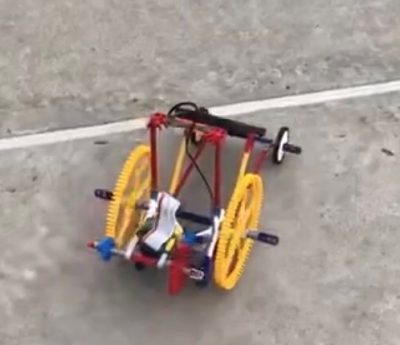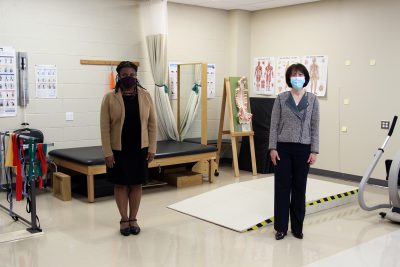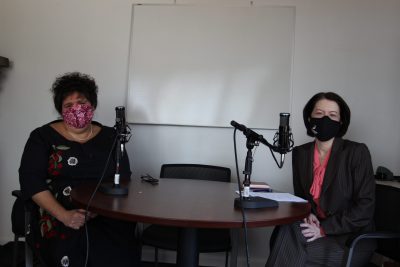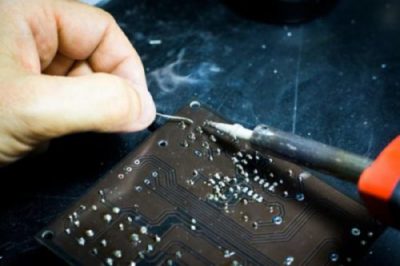Johnson College is now enrolling middle and high school students in its on-campus STEM Energy Outreach Program on Monday, June 7, 2021, from 3:30 p.m. to 5:30 p.m. This program introduces students to green, renewable energy through solar concepts using an interactive, hands-on demonstration. For more information and to register visit, https://forms.gle/jTNphmJzbzMR9dSc7 or email Dr. Kellyn Williams, Chief Academic Officer at Johnson College, at knolan@johnson.edu. Space is limited. The STEM Energy Outreach Program is made possible by a grant from the PPL Foundation.
Students will participate in the interactive learning experience by assembling K’nex Education Renewable Energy sets with Johnson College Chief Academic Officer, Dr. Kellyn Williams. The completed K’nex kits will be shared with additional schools as part of future Johnson College STEM Outreach Programs.
The PPL Foundation awards annual grants through a competitive application and review process. Through strategic partnerships, the Foundation: supports organizations working to create vibrant, sustainable communities; promotes diversity, equity, and inclusion; and empowers each citizen to fulfill her or his potential.









